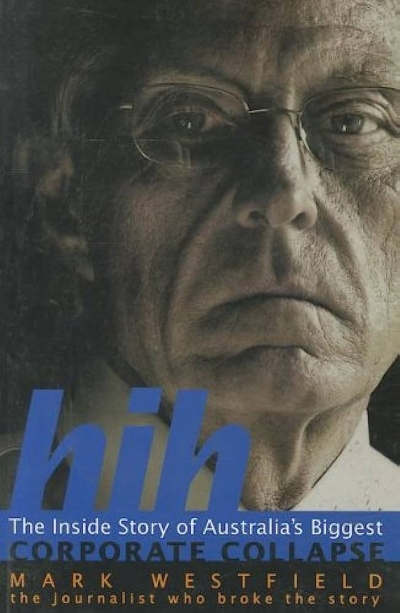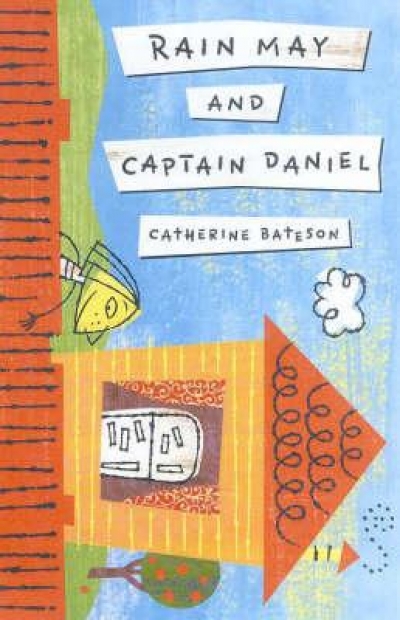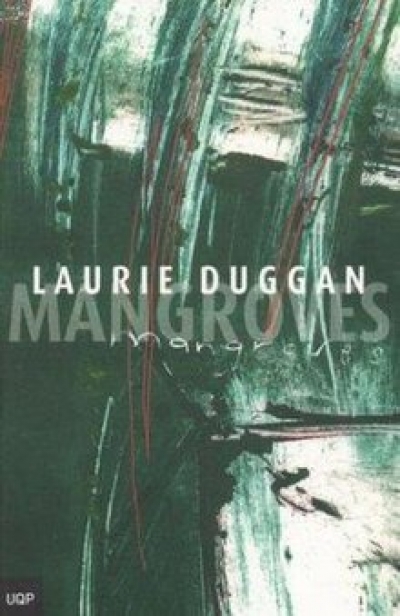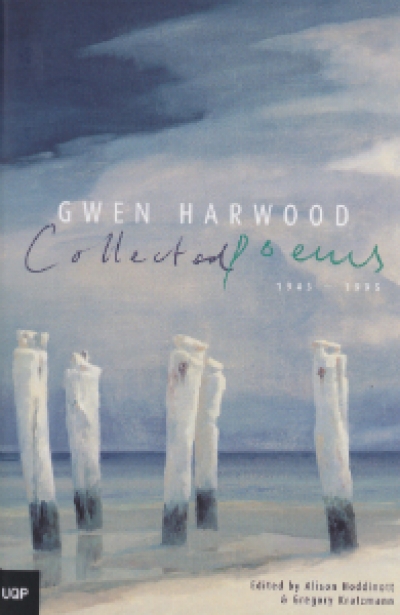Archive
Dear Editor,
Kerryn Goldsworthy’s valuable piece on the early years of ABR (‘The Oily Ratbag and the Recycled Waratah’, ABR, April 2003), giving details of Australian Book Review under Max Harris and Rosemary Wighton from 1961 to 1973, does not mention what caused its disappearance from 1973 to 1978, when John McLaren and the National Book Council revived it. Perhaps it is time for the explanation to be given.
... (read more)HIH: The inside story of Australia's biggest corporate collapse by Mark Westfield
The year 1937 was the centenary of the death of modern Russia’s first great poet, Alexander Pushkin. Celebration was mandatory in the USSR, and it wasn’t a good year to ignore the dictates of Stalin’s bureaucrats. So the Soviet satirist Mikhail Zoschenko takes us into a grim but determined apartment block in Moscow, past a slap-dash artistic rendering of the great poet wreathed in pine branches, into a room where the tenants are gathered and a slightly flustered youngish man is preparing to speak. There is a general doziness and smell of old onions.
... (read more)'The Oily Ratbag and the Recycled Waratah: Early Years of ABR' by Kerryn Goldsworthy
This is issue no. 250, and the twenty-fifth consecutive year, of Australian Book Review. Issue No. 1 appeared in 1978, edited by John McLaren and published by the National Book Council. Since then the journal has survived and thrived, through changes of editor (though not very often) and of editorial policy (though not very much); through changes of appearance, ownership, sponsorship and affiliation.
... (read more)






